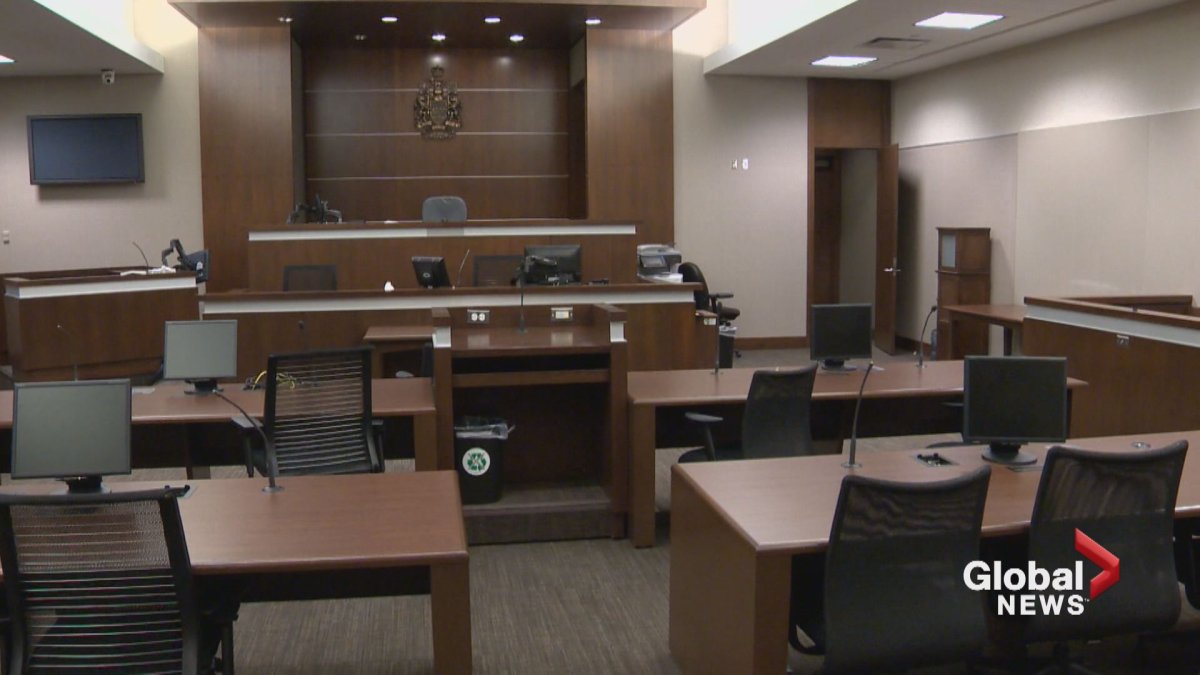Access to justice in Alberta is under the microscope, with questions of how quickly and fairly it’s being served.

Criminal defence lawyer Graham Johnson said recent mistakes in the Travis Vader murder conviction, and other controversial comments by another justice are raising questions about the system.
READ MORE: Travis Vader verdict, Robin Camp controversy: why don’t Alberta judges know the law?
“When you see these kinds of errors, the public’s got to wonder what’s going on with the judicial appointment process?”
While Justices Robin Camp and Denny Thomas are experienced judges, their legal experience was not in criminal law.
A mistrial application in Vader’s case will be heard in front of Justice Thomas Monday.
A Global News investigation revealed the majority of federal judges don’t have vast criminal law experience.
A review of those appointed only found about one-third of those named to Alberta’s Court of Queen’s Bench in the last five years had practiced criminal or family law.

Get breaking National news
“It sort of begs the question as to why?” Johnson asked.
“I suppose there isn’t a reason you couldn’t appoint a criminal lawyer to the tax court of Canada, but most people would find it a little odd.”
The country’s superior courtrooms are, by definition, general courts.
They’re setup to handle any kind of issue, but the majority of the cases are criminal or family in nature.
Former Chief Justice of Alberta’s Court of Queen’s Bench Allan Wachowich said a judge’s background isn’t an issue.
“You can’t really just say you can solve the problem by appointing judges who have that kind of experience – they have to have general experience,” Wachowich said.
“Usually judges who are good lawyers, or have the reputation to be good lawyers, can adapt to this system.”
The federal government is in charge of appointing superior court judges, and is currently reviewing that process.
There are over 50 vacant positions across Canada, and that’s leading to big trial delays – some by years.
Justice Minister Jody Wilson-Raybould declined an interview, but said her department is trying to fill those spots as quickly as possible.
She said some announcements are expected in just weeks.
Wilson-Raybould also believes specialization and the background of judges is not an issue.
“I have every confidence in the outstanding quality of recent and future appointees and their dedication to delivering just outcomes for Canadians,” the Minister said in a statement to Global News.
But Johnson said to ensure that, the country needs more judges, and ones who have the right experience.
“Again, it’s not that these people can’t become good judges – and many of them do – but it sort of begs the question as to why?”


Comments